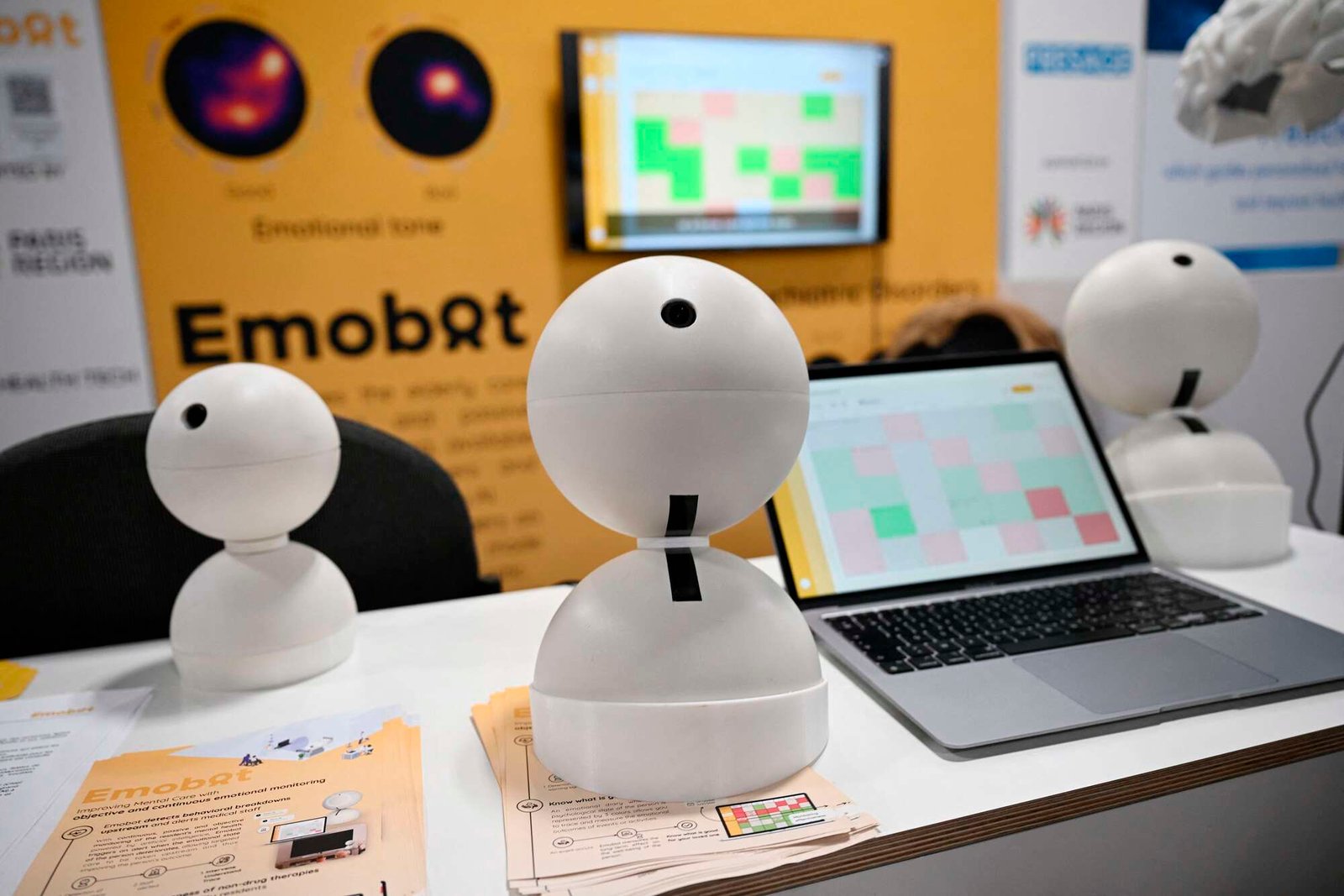[ad_1]
In many countries, there has been a shortage of healthcare workers, resulting in poor delivery by health professionals who are often overwhelmed with the existing workload.
While the reason for the shortage differs from county to country, artificial intelligence could be the answer to the labour deficit, proving the much-needed aid to workers while also improving the quality and introducing new solutions in healthcare delivery, a report by the World Economic Forum (Wef) shows.
“Contrary to the beliefs of many healthcare workers, AI can be effectively utilised in healthcare, not to do things that would otherwise be done by humans, but to complement what they do and improve the accuracy, quality, and speed of their work,” the Wef report said.
Read: AKINYEMI: AI a blessing and curse at your workplace
Data-driven transition
In a joint analysis published in the BMJ global health journal last month, a group of doctors had warned that using AI in healthcare could open a can of worms if it was not accompanied by properly targeted regulations. They called for a slowdown on the technology, especially in the health industry.
The doctors argued that by “increasing opportunities for control and manipulation of people; enhancing and dehumanising lethal weapon capacity and by rendering human labour increasingly obsolescent,” artificial intelligence poses “an existential threat to humanity itself.”
But while Wef agrees with the doctors that AI needs to be properly regulated before deployment in healthcare sector, it is of the view that there is no better time to start using AI in medical service delivery than now, when the sector is facing multiple challenges.
“We are at a critical juncture in global health and healthcare, as headwinds threaten collective wellness as well as employers, economies, budgets and societal resilience,” said Shyam Bishen, Wef’s head of the Centre for Health and Healthcare.
“Closely governed advancements in AI are critical to supporting a broader digital and data-driven transition to intelligent healthcare systems, which can meet populations’ needs and transform healthcare outcomes, access, and efficiency.”
For example, Apollo Hospitals, a chain of cardiovascular care clinics in India, use AI to gauge patient’s risk level of heart disease, using data on their lifestyle such as tobacco use, diet, physical activity, mental health and other routines. The tool has proved more effective and accurate than traditional methods.
Read: Expert says AI could replace 80pc of jobs
Pratap Khedkar, CEO of ZS, a consulting firm which collaborated with Wef on the research, says there is no question that AI can transform healthcare.
“The question is whether or not stakeholders can pull together to set the conditions for its widespread use and adoption. If adopted broadly and responsibly, AI holds the potential to radically transform healthcare systems and improve health outcomes for all”.
The Wef called on governments to increase incentives for AI scaling and partnerships; create data privacy guidelines for the sector and ensure AI transparency and accuracy standards to build trust in the technology.
“Increased public-private partnerships are badly needed to ensure a strong foundation of data, limit algorithmic bias and focus on scalable solutions,” Wef said in the report.
[ad_2]
Source link



